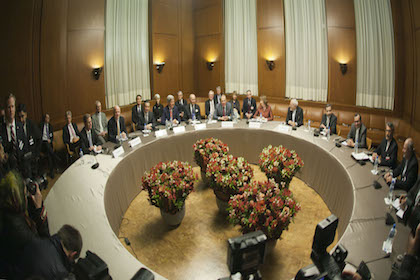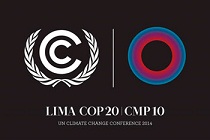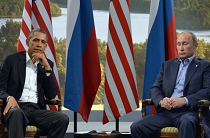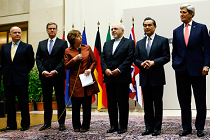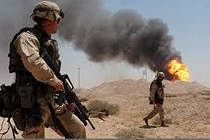“Brexit”: good or bad for India?
While all eyes are currently on Greece, the UK has plans to hold a referendum on whether to exit the European Union or a "Brexit". The potential of a "Brexit" has both short and long term implications on the UK's position as a financial hub and on Indian FDI into the UK


